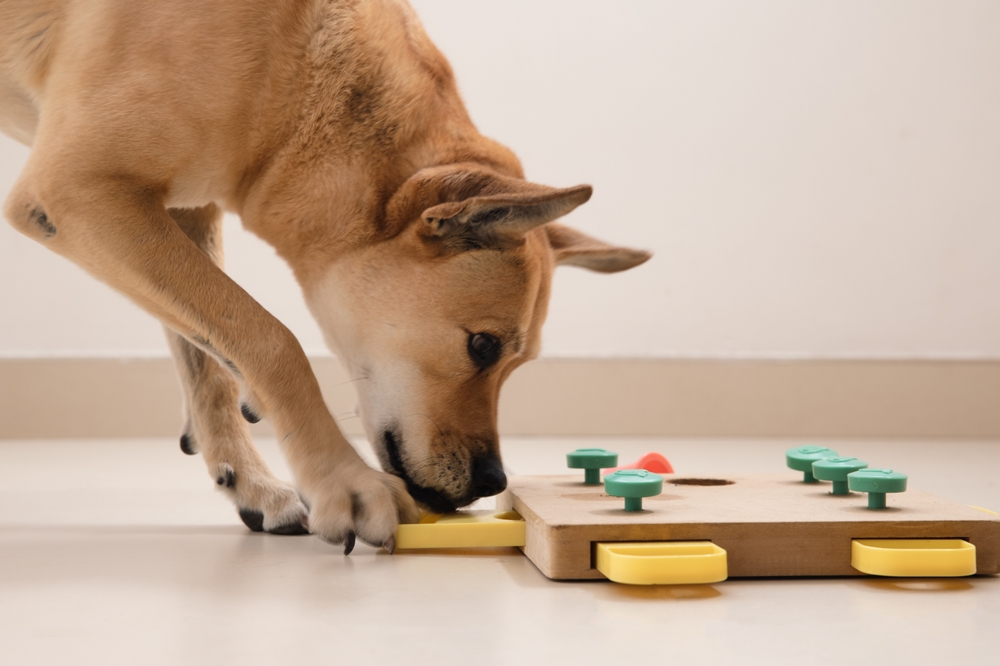Do Dogs Have Long-Term Memory?

The Amazing Memory of Dogs: Unlocking Their Cognitive Capabilities
Canine Memory: A Journey through Time
When your dog's eyes light up at the sight of a leash or the sound of a treat bag, it sparks questions about their inner world. Do they recall those experiences with clarity, or are their reactions solely instinctual?
While instinct and training play a vital role in canine behavior, research unveils a remarkable ability in certain dogs: they can remember the names of objects for years.
The Mechanism of Memory in Dogs
Short-term Memory: A fleeting recollection lasting only minutes, explaining why dogs may forget recent encounters.
Long-term Memory: A treasure trove of information stored over extended durations, with ongoing research exploring the intricate mechanisms involved.
Dr. Shany Dror, a memory researcher, asserts, "Dogs heavily rely on associative memory, linking events and sensations with consequences."
Studies also suggest the presence of episodic memory in dogs, allowing them to recall unique experiences, not just isolated events.
The Power of Long-Term Memory
A recent study published in Biology Letters illuminates the astonishing ability of dogs to retain object-label associations. Researchers tested five dogs on their recall of toy names after a two-year hiatus.
The results were astounding: the dogs demonstrated an impressive 44% accuracy in identifying toys, significantly higher than chance predictions.
Dror remarks, "Our study shows that some dogs, despite not speaking our language, can remember words."
Comparative Memory: Dogs vs. Humans
While we may be tempted to humanize dog memory, there are key differences in how it operates.
Humans excel at declarative memory, recollecting explicit facts and events. In contrast, dogs primarily utilize associative memory, excelling at recalling actions and associations.
Implications for Dog Owners
Understanding long-term memory in dogs offers valuable guidance for pet owners.
Positive reinforcement remains crucial as dogs associate desired behaviors with rewards, forging lasting bonds.
Providing a safe and stimulating environment can positively impact their memory and overall well-being.
Mental enrichment through training, memory games, and exposure to new experiences is essential for maintaining canine cognitive health.
The Frontiers of Canine Memory Research
Ongoing research continues to unravel the mysteries of canine memory.
Future studies promise to deepen our understanding of how dogs think, connect with the world, and enrich our lives.